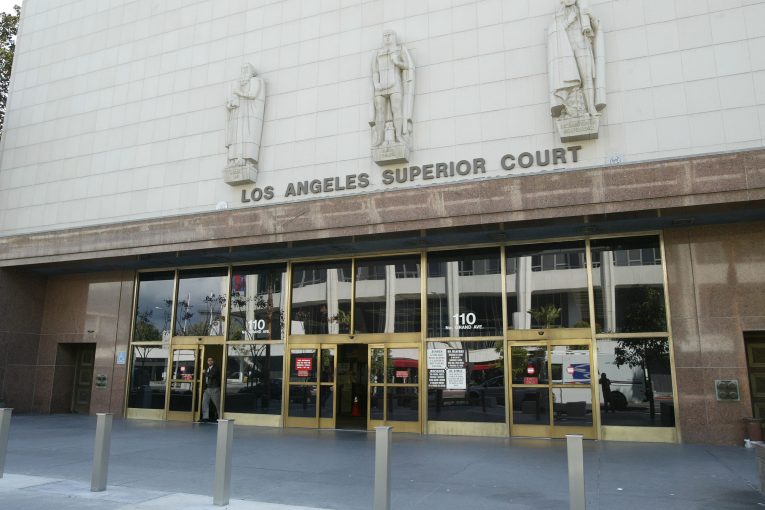
LOS ANGELES, CA — During a grand theft auto hearing in Los Angeles County Superior Court late last week, the accused was to be sentenced to four years of prison time, despite the Deputy Public Defender’s request to reduce the sentence to two years.
The court eventually did reduce the sentence to two years in the plea deal if the accused met certain conditions.
The accused was charged with grand theft auto and possession of a controlled substance. In a previous trial, the request was 32 months of prison time.
The DPD said the accused “has been in a residential program, completed parole, was discharged from the program, and could not return.”
The DPD argued for a reduction in sentence to two years, in an effort to ease the accused’s transition to employment following completion of prison time. As of the court date, the accused had already spent 338 days in custody.
In contrast, the deputy district attorney claimed the accused would not be successful if, alternatively, the accused were put on probation.
The DDA added, on record, the offer was very generous. However, off record, the DDA admitted, “I would have kept it at four” during a conversation in which the judge asked if the prosecution agreed with the reduced sentencing.
Afterwards, the DDA argued the accused had participated in felony vandalism while in his residential program and had 18 previous bench warrants. Additionally, she added the accused was in possession of drugs at the time of his arrest for theft.
Judge Lauren Wes Braunstein offered the accused two years of prison time, after proof of completion of eight weeks of the Systemic, Therapeutic, Assessment, Resources and Treatment (START) Program, which aims to provide psychosocial rehabilitation.
Additionally, the accused has been directed to report to parole once a month. The judge removed the conditions of the accused’s strike, which was given at his previous trial, because it was not a violent crime.
The judge added the accused had since completed the bulk of his rapid diversion program, which offers mental health diagnosis and substance abuse assistance.
Ultimately, the accused pleaded “no contest” and admitted to the allegations. The DPD communicated the accused would accept the low term, two-year sentence, which would only be guaranteed following the eight weeks in the START program.